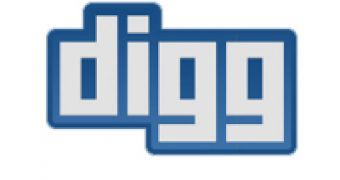Digg has announced it has made some changes to the external links on the site, which, while mostly transparent to the average user, should really interest those in the SEO business, but may also eventually translate into a better experience for the users. After a lengthy debate going back at least to 2007, Digg has decided to add the “rel=nofollow” tag to every link on the site it doesn't trust. The idea is to thwart spammers looking to boost their search-engine rankings, but this will impact legitimate stories as well.
“We’ve made a few changes to the way Digg links to external sites that may impact some folks in the SEO community. These changes reduce the incentive to post spammy content (or link spam) to Digg, while still flowing 'search engine juice' freely to quality content. We’ve added rel='nofollow' to any external link that we’re not sure we can vouch for. This includes all external links from comments, user profiles and story pages below a certain threshold of popularity,” John Quinn, VP engineering at Digg, writes on the company's blog.
First, the bright side. With the “nofollow” tag, search engines are instructed to ignore the link by not taking it into account when coming up with the target's rank in their indexes. This is done to discourage certain types of search-engine spam by not allowing the target sites to piggy-back on the site's presumably higher index rankings. Digg has been pondering whether to introduce the feature for quite some time, but the social link aggregator has only now decided to take some action. The downside is that legitimate links may also not get much SEO love from now on.
What's interesting is that it won't be that way for all the links on the site, just the ones Digg doesn't “trust,” though it's unclear from the post how exactly it decides which links can be trusted or how popular does one have to become before having the tag removed. Still, it is a welcomed move and anything can help now that the site is seeing increased competition, indirectly, from Twitter and sometime soon from Bit.ly, which is looking to harness the sheer number of links it processes daily to provide a very powerful service similar in many ways to Digg's.

 14 DAY TRIAL //
14 DAY TRIAL //